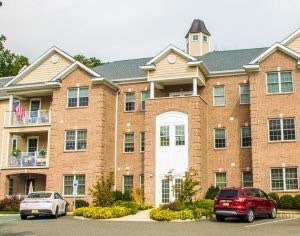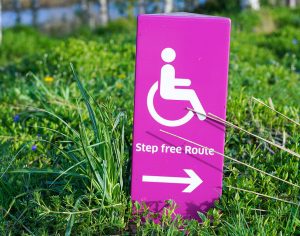Does an HOA Have to Have a Board? AR Management Explains
Many individuals question, “Does an HOA have to have a board?” The simple answer is yes. An association cannot function without one. They play an integral part in ensuring the HOA operates efficiently, effectively, and transparently.
Let’s look at the key benefits an HOA board provides community associations.
Serve their Community
An HOA board of directors ensures the community is managed correctly and homeowner lifestyles are comfortable. Within a board, there are many positions where each serves different parts of the community. These positions include:
- President acts as the facilitator and communicator for their community. They are responsible for preparing meeting agendas, running board meetings, and ensuring tasks are efficiently accomplished.
- Vice President supports the HOA president and stands in their place when they’re unavailable to attend or fulfill their duties. They can moderate meetings, be responsible for maintenance projects, and preside over securing bids.
- Treasurer is responsible for ensuring the financial health of the HOA. They’ll handle all financial transactions, collect dues, and issue approved vendor payments. A treasurer should work closely with a management company to go over accounting statements and financial reports.
- Secretary plays a crucial role in an HOA. They are responsible for delivering notices of meetings, working with the president to develop meeting agendas, recording meeting minutes, and organizing all association documents. A secretary will also keep the community updated on news and events.
Enforce the Rules
HOA boards are crucial to ensuring all homeowners and members follow covenants, conditions, and restrictions. When carrying out these rules, board members must act uniformly and remain professional in all circumstances.
Responsible for Common Areas
An HOA board is responsible for the maintenance and upkeep of common areas. They will hire vendors to repair damages, upgrade systems and structures, and maintain landscapes so homeowners can safely utilize these areas. Boards will also ensure sidewalks, walkways, and entrances are free from unwanted debris such as snow, ice, leaves, tree limbs, and other objects.
Approve or Change Rules
Homeowners often petition boards to change rules they deem unfair. The HOA board is responsible for reviewing the rules, discussing changes, and voting on new ones to maintain property values, curb appeal, and safety.
Look into Homeowner Complaints
HOA boards are responsible for investigating homeowner complaints. They’ll look into the cause of the issue and determine the best path forward. Typically, if a board finds cause for the complaint, they will issue warnings or fines to the violating party. When the problem at hand deals with a building issue, they will determine who is responsible for the repairs and maintenance. Generally, if the issue resides inside the homeowner’s residence, it’s their responsibility to fix it. If the problem is in a common area, it’s the board’s responsibility to address it.
Professional Management Services for HOA Boards
AR Management works closely with the HOA board to ensure their goals are achieved and homeowner lifestyles are maximized. Contact us today to schedule a consultation online or by calling us at 973-398-6609.

![Does an HOA Have to Have a Board? [Answered]](https://armanagementco.com/wp-content/uploads/2021/12/arlington-research-Dnt2DT6wNWo-unsplash.jpg)


